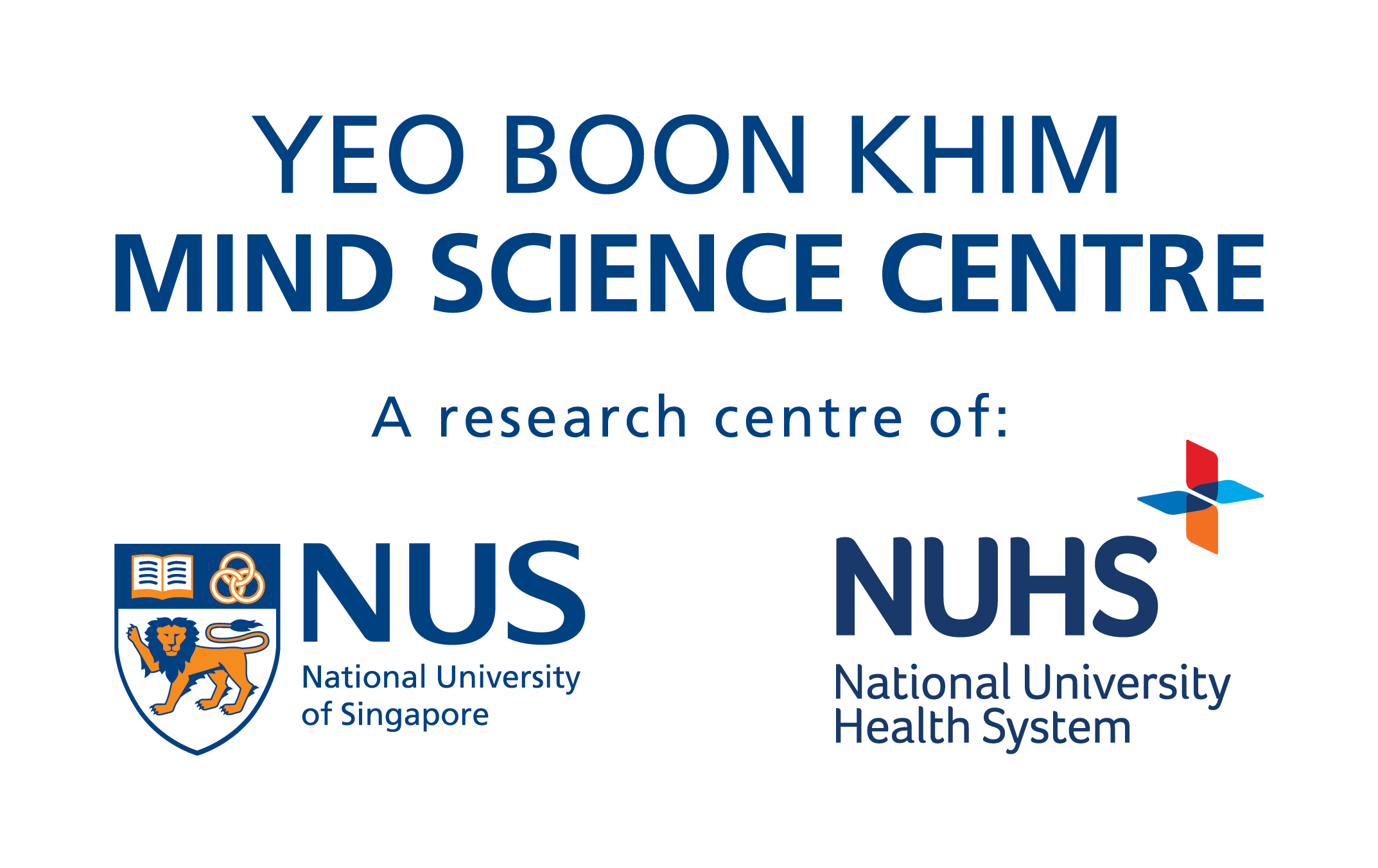THERE CAN BE NO HEALTH WITHOUT MENTAL HEALTH
The 2016 Singapore Mental Health Study conducted nation-wide was published recently, and there was an increased rate of common mental health conditions. One in seven adults experience a mood, anxiety or alcohol use disorder in their lifetime. More importantly, about 75% did not seek help. This is a concern as a delay in seeking treatment may lead to worsening of conditions and prolong the road to recovery. One of the reasons may be due to the stigma commonly associated with mental health conditions.
The President’s Mental Health Challenge 2019 aims to increase awareness to support mental health patients in their recovery journey and to increase understanding and support for their reintegration into society. Through different initiatives, education, awareness and empowerment of the people, resilience is built up to sustain and create a more caring and cohesive society in Singapore.
A recent article by the Straits Times features Professor Kua Ee Heok from the Department of Psychological Medicine at NUS Yong Loo Lin School of Medicine, who has spent many decades fighting to increase awareness and the stigma associated with mental illness. Mental illness encompasses an entire spectrum of disorders, from schizophrenia to psychosis, anxiety and addictions. Professor Kua firmly believes that mental health is as important as physical health, and that change is possible.
When sharing some anecdotes about his experiences throughout the years, Professor Kua recalls meeting two war veterans who were still traumatised by World War I. One of them had fought in the Battle of the Somme in 1916 and had witnessed his friend’s head being blown off. He was physically healthy but not mentally well and was hence sent back to England.
Another one of his patients suffered from recurrent nightmares and headaches after he returned from fighting in the jungles of Betong in southern Thailand as a member of the Communist Party of Malaya (CPM). People around him mistook his symptoms as non-scientific or supernatural causes, when he was, in fact, suffering from Post-traumatic Stress Disorder. After receiving the correct diagnosis and undergoing treatment, he managed to recover from this mental condition successfully.
Prof Kua returned to Singapore to work at Woodbridge Hospital (later re-branded as the Institute of Mental Health) after he graduated from Oxford University and became a fellow of the Royal College of Psychiatrists. There was a lot of ignorance and stigma associated with Woodbridge Hospital and patients with mental illness, and this could have resulted in a delay in seeking treatment, hindering their recovery. He set about educating medical staff culture, working with other medical specialists to treat root causes of problems (e.g. alcohol addiction), and delved into academic research and publications in mental health.
Singapore is built on the mental resilience of our people, and the destigmatization of mental health issues is a combined effort that requires the participation of many different groups of the Singaporean community.
News Coverage
References
- https://www.istana.gov.sg
- https://www.imh.com.sg
